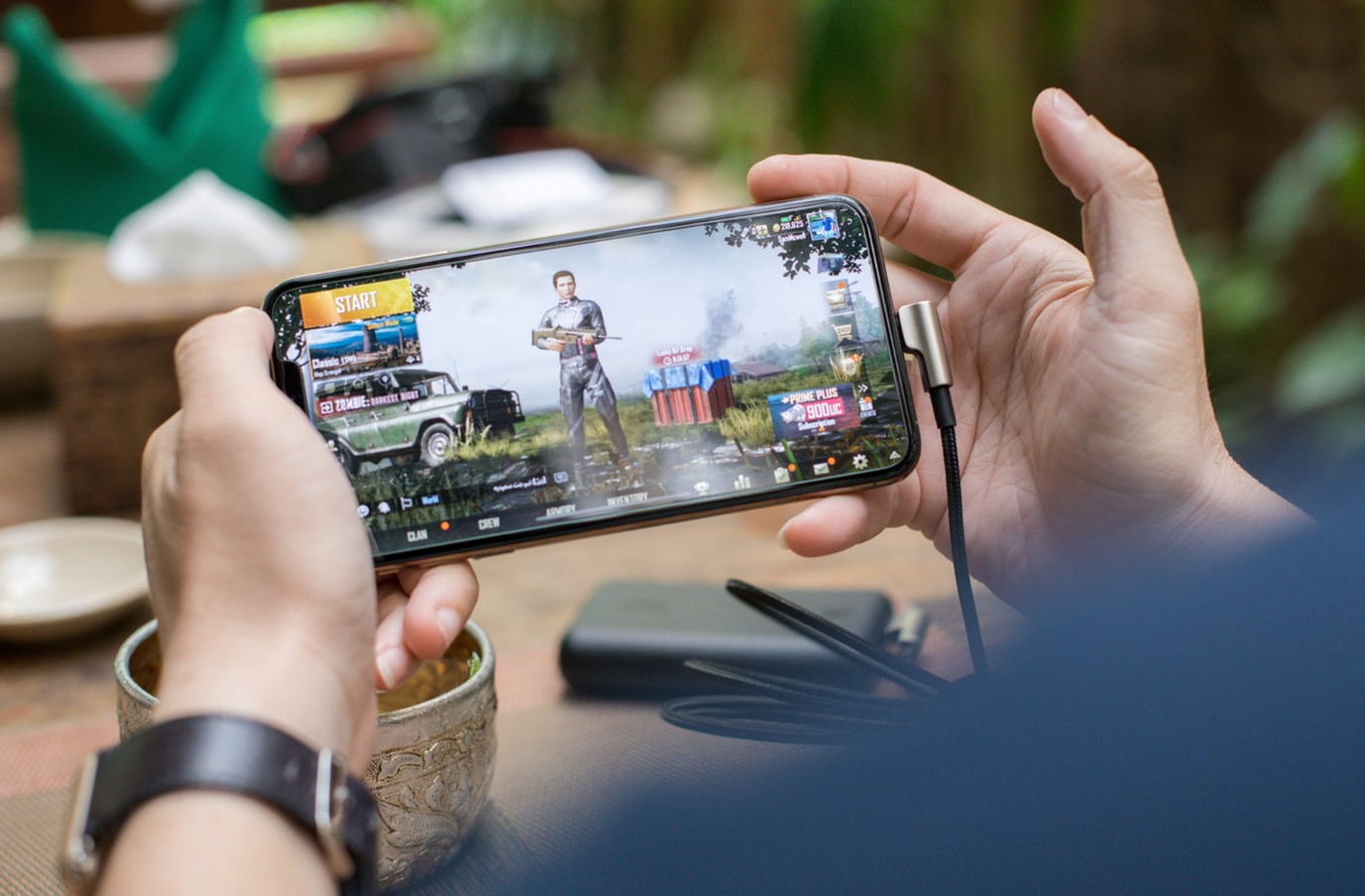Within modern-day society, the volume of gaming platforms is at an all-time high. In turn, consumers face more choice than ever before regarding their next game-related purchase. While traditional games consoles have dominated the market since the 1980s, the technological advancements made to smartphones have ensured for an ever-competitive industry within the 21st century.
Although the sector has come a long way since the release of the Magnavox Odyssey in 1972, social trends have seen gamers move away from wired consoles. Fundamentally, this raises the question as to whether smartphones have surpassed the appeal of mainstream devices, such as the PlayStation and Xbox. So, let’s take a look at whether they have.
A Market Packed With Choice
On the face of it, the traditional console market isn’t an overly populated sector concerning consumer choice. Aside from the highly-popular Microsoft and Sony developments, the Nintendo Switch is another option, although that has also embraced remote trends. Of course, PCs also represent a customisable alternative to smartphones, yet they also have wired limitations.
Variety within the smartphone market, meanwhile, is one of the industry’s most significant advantages. For example, for those seeking a premium experience, the Asus Rog Phone II will offer high-level performance through its Qualcomm Snapdragon 855 Plus and 12GB of RAM. This comes with a high-end cost of around £1,600, according to T3.
Because of the price, some consumers may look elsewhere in their hunt for a gaming mobile. Due to the market’s array of options, however, finding an alternative within any given budget is possible. Take the Razer Phone 2 as an example. For under £300, the 2018 mobile ensures impressive gaming experiences through its Qualcomm Snapdragon 845 and 4,000 mAh battery, as per GSMArena.
Genre Variation at the Heart of the Industry’s Appeal
In years gone by, few could argue against the fact that console popularity somewhat revolved around the market’s extensive gaming library. However, following the rise of alternative mobile platforms, heightened numbers of developers have sought to optimise their popular console games for smartphone players. In crossing over award-winning titles, such as Fortnite and PlayerUnknown’s Battlegrounds, the phone industry has since accounted for 60 percent of the global video game market’s revenue, according to Mobile Marketer.
That said, it hasn’t only been the availability of first-person shooters and open-world titles that have attracted gamers to smartphones. Because of the programmed software within mobiles, the sector has the flexibility to capitalise on ever-changing market trends. This is apparent from the unprecedented rise of mobile casinos.
By 2023, it’s forecasted by Statista that the global online gambling market will grow to approximately £71.3 billion. Much of this success relates to the accessibility of traditional casino games, such as slots. At present, you can play over 10,000 popular mobile slots, including Buffalo, Cleopatra, Quick Hit, and many more. Moreover, at bonus-offering operators like Casimba Casino, prospective users can immerse themselves in real-money developments from some of the industry’s most highly-regarded developers, such as Microgaming and NetEnt.
The Convenience Argument
Perhaps the most pivotal factor to consider when weighing up whether to move away from traditional consoles is a highly subjective one. In reality, the forward-thinking nature of modern-day phones means that users can enjoy console-like experiences more conveniently. However, for that added practicality, it does come at the expense of a larger screen, for example.
There can be no doubt that the next generation of consoles will provide the most powerful mainstream gaming experiences to date. The PlayStation 5, for example, possesses an SSD Solution to enhance load time, which showcases the wired devices’ intricacies.
However, the introduction of 5G networks allows players to immerse themselves in some of their favourite multiplayer games without wired limitations. For some, compromising on screen size will be a small price to pay for high-level, on-the-move gaming experiences.
Equal or Better Than Consoles?
With the PlayStation 5 and Xbox Series X set to hit the shelves before the end of 2020, the gaming industry will reach new levels of competitiveness. Yet, despite the anticipation for their release, smartphones continue to rise from strength to strength. Ultimately, a report by Forbes reflects this. The study by Tappable states that 42 percent of gamers prefer gaming on smartphones, as opposed to 32 percent on consoles. If this trend lasts, then there’s undoubtedly scope for mobiles to not only match consoles but also surpass them in the coming years.





